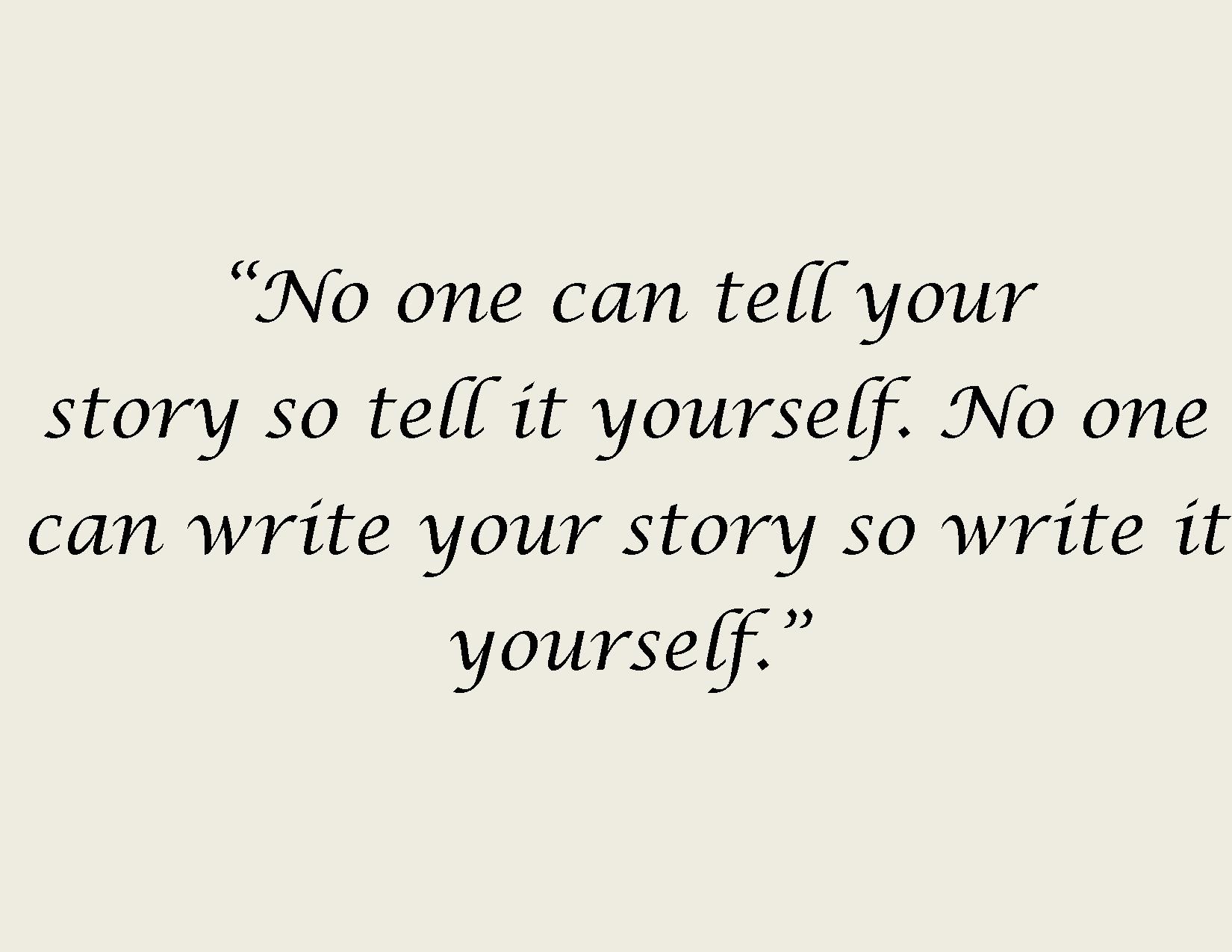Heart and Soul! Two key ingredients for a writer. When we write using both, we can create emotion in a reader. As a reader, don't you love reading something that makes you weep a bit, shiver in fear and anticipation, or laugh out loud? The person whose writing brought those emotions to the surface most likely wrote with heart and soul.
The first line of the quote above reminded me that I had written an essay called I Write From The Heart a few years ago for a contest. It didn't win but writing the essay taught me something. I learned that most of the time, I do write from my heart. And also that my writing that comes from the heart I consider some of my best work. I guess that takes in the soul cited in the second line, too.
The heart and soul comes through in the writing of someone who cares. Yes, you have to care about the stories you write. If you don't, then you cannot expect your readers to give a twit either. Anyone can put words on paper (or screen) but they don't mean much if the person doesn't care. If your attitude is that you're writing something to be published and reap the monetary benefits and that's all, then your heart and soul has taken wings and disappeared.
Yes, I know that writing is a business for many but if it's all business and nothing else, eventually that's going to be evident and pretty soon the publishing/moneymaking well will run dry.
Consider, also, that people come to know you through what you write. Do you want them to meet the all-business you or the one who digs deep and writes with heart and soul. Do you want them to consider you as a person who cares?
Don't be afraid to bare your heart and soul to your readers. One of your goals is to give your readers something they will remember. If you hold back and write only surface things, you'll cheat your readers and maybe yourself, as well. It's not always easy to let your readers into your innermost thoughts and feelings. Learn to do it and you'll be a better writer.
The last three lines of today's quote give all writers more good advice. Make the best of your talent. You'll need to dig deep to be able to do that. Sometimes writers only skim the surface of their talent. To make the best of what you are able to do in the writing world, you have to work at it on a daily basis. The more you write, the better writer you can become. With continuous writing, you may end up surprising yourself.













